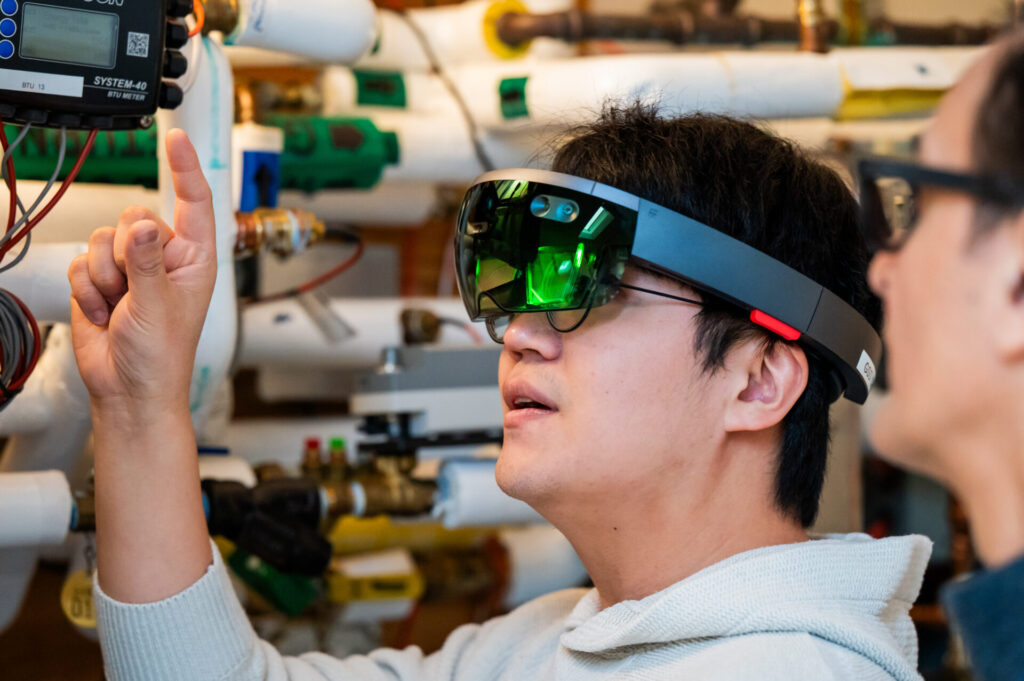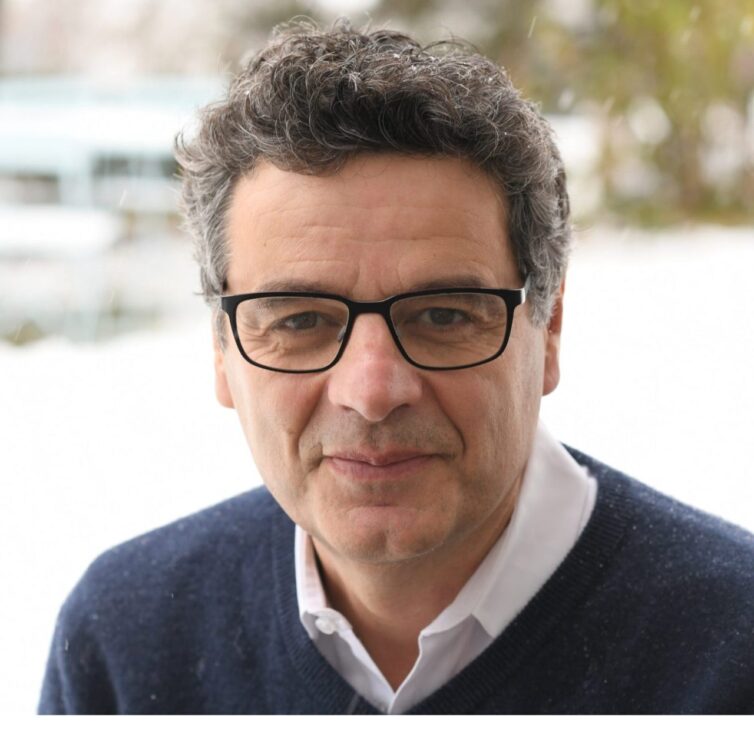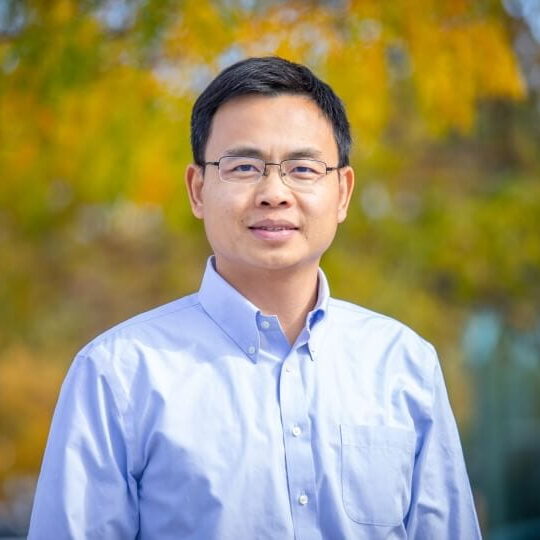
Sustainable Building and Urban Future
The team draws on expertise in chemistry, materials science, fluid mechanics, AI, computer science, architecture, urban design, and engineering. The goal is to develop innovative low-carbon materials integrated with smart sensors and advanced algorithms to transform the energy-efficient operation of buildings and urban environments.
The cluster synergistically integrates three critical research thrusts: advanced thermal storage and sensing materials, intelligent building-scale sensing and control integration, and cooperative urban-scale energy management.
Summary
This cluster addresses urgent climate challenges in the built environment, scaling from a single building to urban development, through data-informed, innovative solutions in sustainable design and energy management. By leveraging expertise in chemistry, materials science, fluid mechanics, AI, computer science, architecture and engineering, this cluster aims to pioneer novel processes for scalable sustainable solutions.
This cluster synergistically integrates three critical research thrusts: advanced thermal storage and sensing materials, intelligent building-scale integration of sensing and control systems, and cooperative urban-scale energy management. By harnessing the cross-disciplinary expertise of our team, this effort aims to make meaningful strides in tackling the global climate crisis.
As part of this initiative, the cluster aims to develop innovative low-carbon materials, integrated with smart sensors and advanced algorithms, to create Digital Twins that will modernize and eventually revolutionize the energy-efficient operation of buildings and urban environments. It will explore novel Human-Building Interaction interfaces to enhance facility management, user engagement, and inter-building communication for energy sharing and optimization. The cluster will facilitate a transformative approach to building design, operation, and interaction within urban environments. HouseZero demonstrates the viability of replacing conventional HVAC systems with natural ventilation, solar heating, and smart thermal materials, supported by AI-enabled Internet of Things (IoT) infrastructure.
This cluster expands on these foundations, investigating how data-driven and physics-informed algorithms, sensors, and thermal material innovations can improve energy efficiency and human well-being on a larger scale. Furthermore, it focuses on creating systems that will allow buildings to exchange and share energy, fostering a cooperative approach to energy management. This cluster will engage with industry experts to gather feedback and receive guidance on the scalable, practical application of technologies the cluster develops. This collaborative initiative aims to deliver tangible, impactful solutions to climate challenges by creating innovative materials and technologies for buildings and urban-scale energy management.

Ali Malkawi

Joanna Aizenberg

Petros Koumoutsakos

Na (Lina) Li

Jarad Mason

Vijay Janapa Reddi









